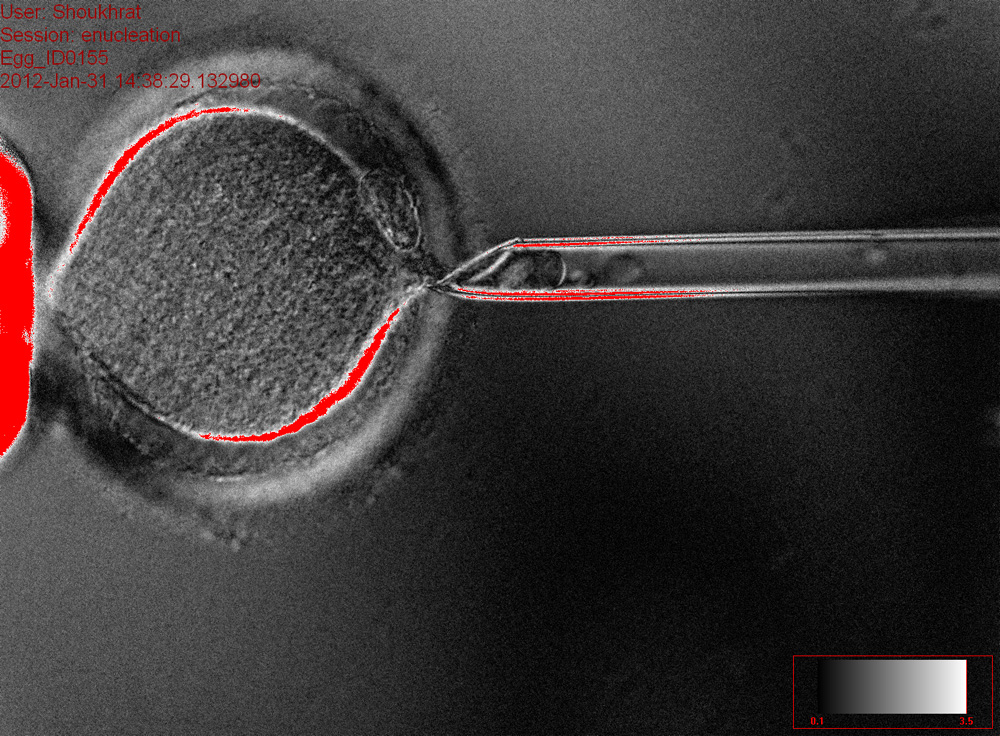
Oops - Breakthrough Cloning Paper Has Errors

A rush to publish a high-profile study on stem cell cloning appears to have created an embarrassing situation for the journal Cell and the paper's authors.
According to Nature, the paper's lead author Shoukhrat Mitalipov of Oregon Health and Science University admits the buzzed-about paper has three errors, mostly related to image duplication in the manuscript's figures. None of the errors chang the results of the study, Mitalipov said, which were the first-ever stem cells created from cloned human embryos. He and his colleagues plan to share the cloned cells with researchers at 10 other institutions so their legitimacy can be confirmed.
The finding reignited debate about the ethics of human cloning, though researchers say the cloned embryos they created could probably never create a successful pregnancy. The errors have ignited a debate of their own — whether the paper reporting the work was published too quickly. The journal Cell accepted the paper in three days and published it in 12, a mind-blowingly rapid pace in academia, where papers can languish in pre-publication limbo for months or more. In a statement, Cell editor-in-chief Emilie Marcus defended the speedy publication.
"It is a misrepresentation to equate slow peer review with thoroughness or rigor or to use timely peer review as a justification for sloppiness in manuscript preparation," Marcus wrote.
To dig into the controversy, read the original thread on PubPeer, the anonymous review site where the errors were first noted.
Follow Stephanie Pappas on Twitter and Google+. Follow us @livescience, Facebook & Google+.
Get the world’s most fascinating discoveries delivered straight to your inbox.

Stephanie Pappas is a contributing writer for Live Science, covering topics ranging from geoscience to archaeology to the human brain and behavior. She was previously a senior writer for Live Science but is now a freelancer based in Denver, Colorado, and regularly contributes to Scientific American and The Monitor, the monthly magazine of the American Psychological Association. Stephanie received a bachelor's degree in psychology from the University of South Carolina and a graduate certificate in science communication from the University of California, Santa Cruz.
 Live Science Plus
Live Science Plus





